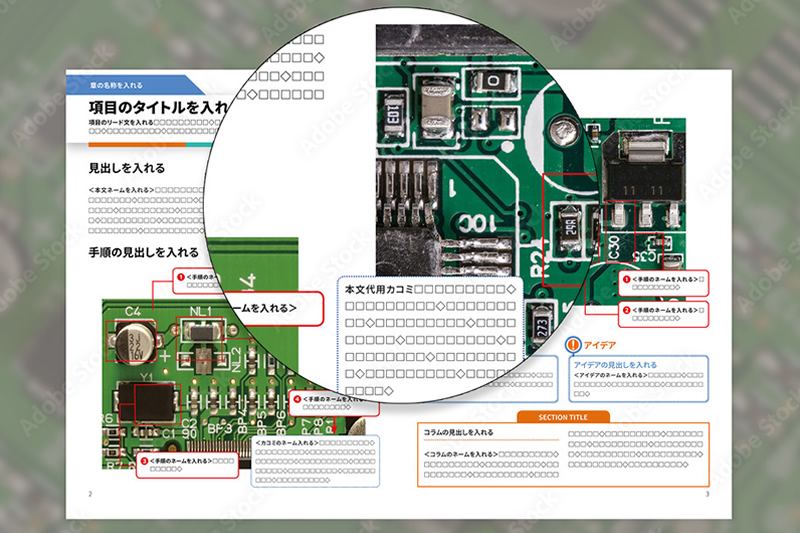The need for precise and reliable technical manuals transcends linguistic boundaries. The translation of technical manuals is a demanding task that requires a unique set of skills and expertise. This article delves into the challenges faced by translators when dealing with complex technical content and offers a comprehensive guide to best practices for maintaining accuracy and clarity in technical documentation translations.
Background
Technical manuals serve as the cornerstone of effective communication in industries ranging from manufacturing to IT, medical, and engineering. These documents provide essential information on how to assemble, operate, maintain, and troubleshoot machinery, equipment, and software. When these manuals must be translated for a non-native audience, it becomes imperative to strike a balance between linguistic fluency and preserving the original technical precision.
Challenges in Translating Technical Manuals
Technical Jargon: One of the most significant challenges in translating technical manuals is the extensive use of industry-specific terminology and jargon. Translators must possess a deep understanding of both the source and target languages’ technical lexicons to ensure accuracy.
Cultural Sensitivity: Technical manuals must not only be accurate but also culturally appropriate for the target audience. This requires an understanding of the cultural norms, practices, and expectations that may differ from one region to another.
Complex Sentence Structures: Technical content often consists of long and intricate sentence structures, which can pose difficulties in conveying the same meaning in another language without compromising clarity.
Best Practices for Translating Technical Manuals
Subject Matter Expertise: Translators should be subject matter experts in the field related to the technical manual. Having a deep understanding of the industry, technology, or equipment being described is essential to guarantee accurate translations.
Glossaries and Terminology Management: Creating and maintaining glossaries of industry-specific terms, acronyms, and abbreviations in both the source and target languages can help with consistency and accuracy in translations. Translation memory tools can also be valuable for maintaining consistency.
Simplify Language Without Sacrificing Precision: While technical content can be complex, translators should aim to simplify the language for better comprehension without compromising the precision and accuracy of the information. This includes breaking down complex sentences and using concise language.
Peer Review and Quality Assurance: Technical translations should undergo rigorous peer review and quality assurance processes to catch any errors or discrepancies in the final document. Multiple sets of eyes can facilitate a higher level of accuracy.
Contextual Understanding: Translators must understand the context in which the technical manual will be used. This knowledge can help them create translations that are not only accurate but also user-friendly and contextually appropriate.
Ongoing Training and Development: The field of technology is constantly evolving, and translators must stay up-to-date with the latest industry trends and developments to provide the most accurate translations.
The translation of technical manuals is a specialized art that demands linguistic expertise, cultural sensitivity, and a deep understanding of the subject matter. Best practices for translating technical manuals include subject matter expertise, terminology management, simplifying language, peer review, contextual understanding, and ongoing training. By following these best practices, organizations can verify that their technical documentation is not only accurate but also accessible and comprehensible to a global audience. In a world where precision and clarity are critical, mastering the art of translating technical manuals is essential for successful global communication and the growth of industries worldwide.
Powerling and TrueLanguage can be your trusted partners in initiatives requiring complex technical translations. Request a quote or call with any questions.


